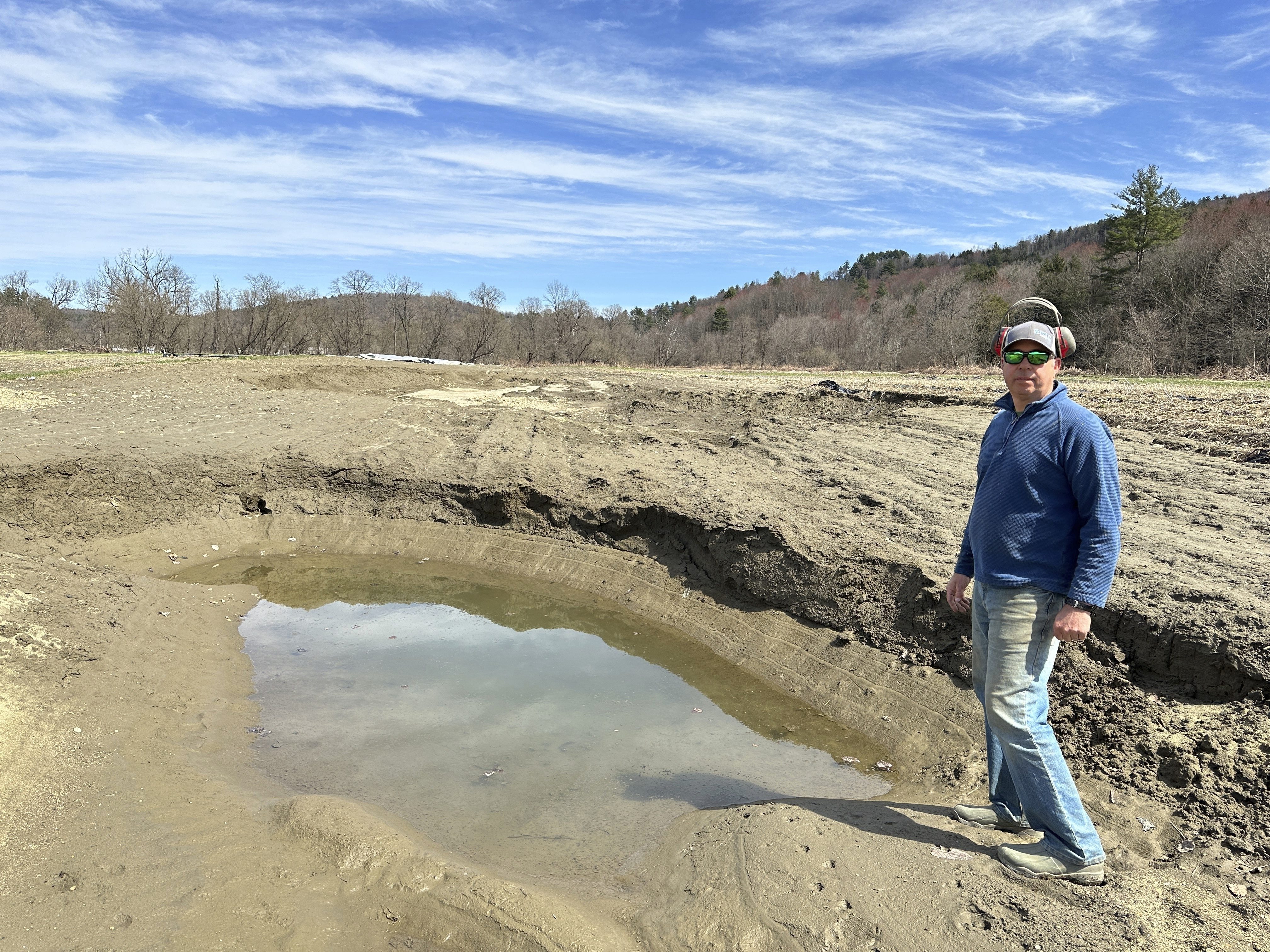Two deaths last week in a traffic crash in Swanton, Vermont have underscored concerns members of law enforcement in the state have over drugged driving.
"It's a huge problem," said Lt. Garry Scott of the Vermont State Police. "The opiate problem here in Vermont is huge and it just relates back to people on our roadways."
Tuesday, Franklin County prosecutors charged Maria Carlson, 35, of Swanton, with two counts of grossly negligent vehicle operation with death resulting. Investigators said Carlson crashed into another vehicle on Route 7 in Swanton last Thursday, killing its occupants, longtime friends Bobby Benjamin and Diane Bohannon, both of Alburgh.
Police paperwork showed hospital staff used the opiate antidote Naloxone, commonly known by the name Narcan, to revive Carlson after the wreck. The documents filed with the court also said Carlson had "fresh track marks" on her arm, and a needle in the car. The documents noted that Carlson had recently been to drug rehab for heroin use.
Prosecutors said more criminal charges could be coming if pending toxicology results confirm the suspicion of investigators that Carlson had been using opiate drugs shortly before the crash.
Carlson was ordered held on $50,000 bail Tuesday. If she makes bail, Carlson must abide by several conditions, including that she not drive, the court said.
According to court documents, Carlson acted very confused during police questioning of her. She did respond to an officer's question about her heroin use that she had not consumed the drug since before entering rehab, the documents said.
Vermont
The latest news from around the state
The obituary for Benjamin, which was posted to the website VermontObits.org, said the 67-year-old worked at his family dairy farm in Alburgh Springs. A lifelong member of St. Amadeus Roman Catholic Church, the obituary also said Benjamin will be remembered for his love of animals, especially for his many cats.
Bohannon's obituary, also posted to VermontObits.org, said she loved being a grandmother to her three grandkids, described as the "light of her life." Bohannon, 68, also enjoyed animals, gardening, sewing, and was famous with friends and relatives for her pickle recipe, according to the obituary. Bohannon was a member of the Union Bible Church, the obituary said.
A tearful Maria Carlson pled not guilty Tuesday to the charges of negligent driving that led to Benjamin and Bohannon’s deaths. Those charges could bring 30 years in prison, if she is convicted.
According to numbers from the Vermont Agency of Transportation, drugs of various types were in the systems of 12 of the 59 drivers involved in 42 crashes in 2014 which resulted in 44 fatalities.
The transportation agency’s data showed in 2015, so far, there have been 31 crashes resulting in 37 fatalities. Six of the 42 drivers involved have had drugs reported in their system, but the agency noted that toxicology results are still not available for ten of those drivers.
"Vermont is taking drugged driving very seriously," said Scott Davidson of the Vermont Governor's Highway Safety Program.
Davidson said he is starting work on an upcoming public education campaign about the problem of drugged driving, with marijuana use one of his prime concerns. "Each time one of these fatal crashes happens on a Vermont roadway, someone loses a mother, a brother, a friend, a co-worker," Davidson told necn. “This is personal, and we need to get very serious about this as a state.”
Lt. Scott said even legally-prescribed medications can be a concern. He said, "A person needs to be talking to their health care provider saying, 'What does this particular prescription do to me? And will it impair me in some way where I shouldn't be driving?'"
Law enforcement is responding and adapting to the growing concern over drugged driving, Scott and Davidson both said. Any officer graduating from the Vermont Police Academy must now undergo specialized training to recognize signs of drug impairment in drivers, they explained.
Scott said he would like to see legislation considered next year in Montpelier that would allow for roadside testing of drivers suspected of using marijuana. The tests use saliva to determine if someone had been smoking, he explained.
When the spit test proposal was first brought up earlier this year, the Vermont chapter of the ACLU raised constitutional concerns over such exams.



